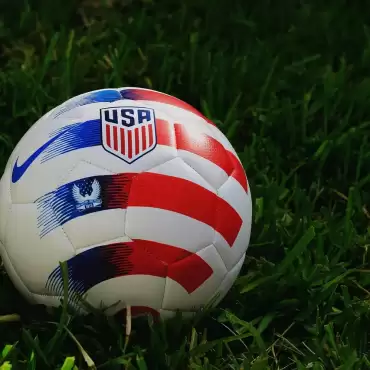Missouri's sports betting initiative is now facing a legal challenge, meaning there is a possibility that voters won't get a chance to weigh in on an issue that has been tied up in the legislature for more than five years.
On Thursday (22 August), the Missouri Independent reported that a lawsuit filed in Cole County Circuit Court contests how the secretary of state certified the initiative. The lawsuit came just over a week after the secretary of state announced that proponents had collected enough verified signatures to get on the ballot. The lawsuit was filed on Wednesday (21 August)
At issue is the voting districts used by the secretary of state to certify the initiative. In Missouri, a proposal needs verified signatures from 8% of voters in six of the state’s eight voting districts. Lawmakers redrew the congressional districts in 2020.
The Independent reported that according to the lawsuit, the secretary of state’s office used the old districts to determine if enough verified signatures were collected, but used the the new districts to determine where voters live. Essentially that means that even if a signature came from a person who remains at the same address, it may not count in the same district today as it did prior to the 2020 redistricting.
It also claims that some signatures are invalid.
Despite litigation, campaigning will start
St Louis Cardinals president Bill DeWitt III said the lawsuit is “completely without merit as Missourians came out in force to sign the petition that will be on the ballot in November,” wrote the Independent.
The challenge was not unexpected. Earlier this week on the World Series of Politics podcast, lawyer Stephanie Bell told hosts Brendan Bussmann and Brandt Iden that once the ballot was certified, it “opens another litigation window to sue on the ballot measure over the signatures or sometimes over the language.” Bell specialises in election, regulatory, utility, gaming, tax and other governmental disputes for Missouri-based Ellinger Bell.

Bell said campaigning for the measure will start before any litigation is resolved. She explained that the first voting windows for certain groups open 10 weeks before election day (5 November), making time short.
“Anybody who is running a campaign will start that campaign despite the litigation,” she said. “There really isn’t time to essentially get through the litigation and ramp up your campaign.”
Late last week, the St Louis Post-Dispatch reported that DraftKings contributed $3.5m (€3.1m/£2.7m) to the campaign. DraftKings is the second-biggest digital wagering company in the US by market share.
Chiefs president: Sports betting “good for the state”
The initiative would allow for statewide mobile wagering. For the most part, platforms would have to be tethered to existing casinos or professional sports venues. There would be two stand-alone mobile licences available.
Digital betting companies and the state’s professional sports teams back the proposal.
“I spend more time in Jefferson City on that issue than I have on just about any other issue, Kansas City Chiefs president Mark Donovan told Missourinet earlier this week. “We really believe that it’s the right thing. We think it’s good for the state, we think it’s good for fans of the sport and other sports.
“And we think it’s a proven entity. It’s something that’s worked on, you know, a pretty significant level, in just about every state surrounding the state of Missouri.”
But the initiative doesn’t have the full support of the state’s brick-and-mortar casinos, sources told iGB.
The proposal would allot one digital skin or platform to each casino company. That framework differs from bills that had casino support in the state legislature. Previous proposals would have allotted one skin per physical casino, up to three per company. Several companies, including Caesars Entertainment and Penn Entertainment, have three or more locations in the state.
Of Missouri’s eight border states, only Oklahoma does not offer any form of legal wagering. Nebraska offers in-person betting only and the other six border states allow in-person and digital betting.




